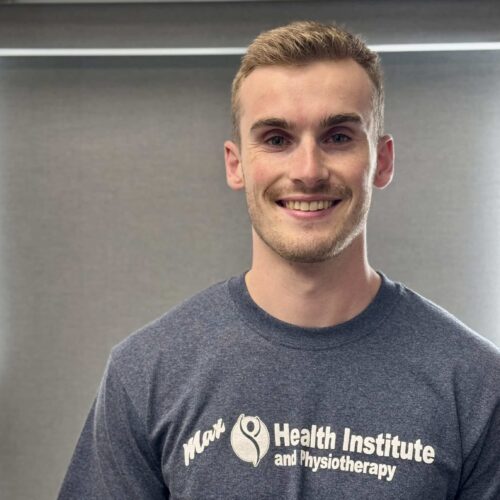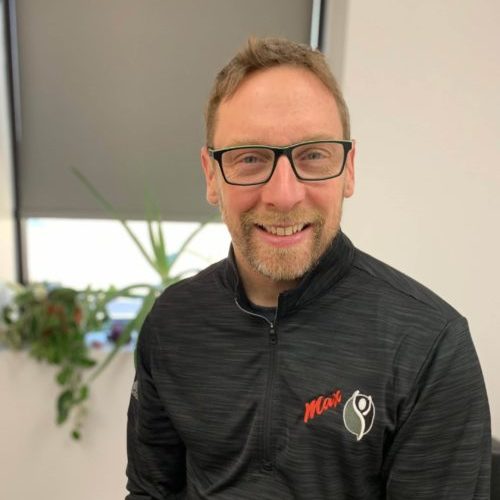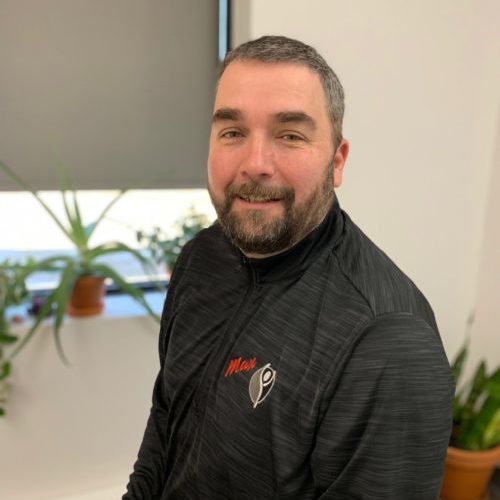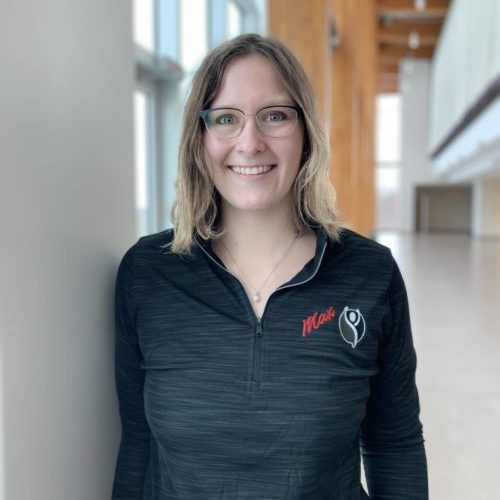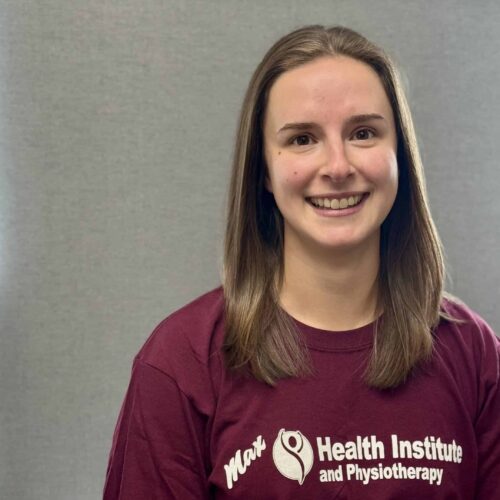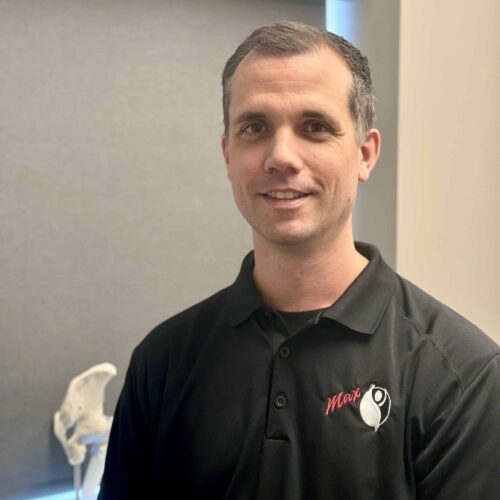PAEDIATRIC PHYSIOTHERAPY
Paediatric Physiotherapy is the assessment and treatment of various conditions in children from infancy to adulthood. Paediatric Physiotherapists have additional knowledge and training related to growth and development.
Paediatric Physiotherapy at Max Health Fredericton
The following Paediatric Physiotherapy services are offered at our Prospect Street clinic:
- Assessment of motor development in infants and children
- Assessment and intervention for torticollis
- Intervention for gross motor skills such as sitting, standing, walking, running.
- Improving posture, balance, coordination, flexibility, strength, and endurance
- Recovery from injury or pain
- Assessment and intervention for Toe Walking
- Treatment for Neurological conditions such as Cerebral Palsy and other movement disorders

OUR TREATING PROFESSIONALS
Prospect Street
Karla Faig, Physiotherapist
Karla Faig Physiotherapist Clinic – Prospect Street Meet Karla! With a career in physiotherapy spanning over 25 years, Karla has experience working across all sectors of healthcare and with all age groups. She graduated with a Bachelor of Science in Physical Therapy from Queen’s University in 1995 and in 2023 completed a Master of Applied…


